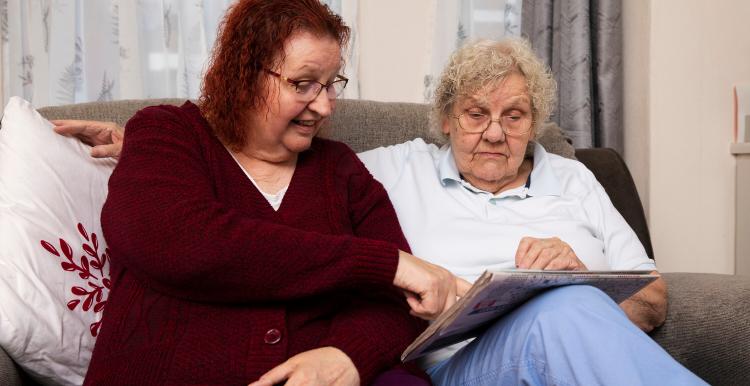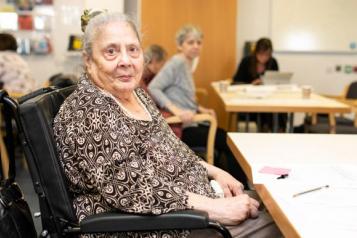Making MK a dementia-friendly city

The rate of dementia among older people in the UK population is growing.
Within Milton Keynes there is a growing population of over 65’s, and this is set to increase over the upcoming years. Dementia is therefore likely to become one the biggest challenges for our community.
Milton Keynes City Council, in partnership with Alzheimer’s Society, have committed to make Milton Keynes a Dementia friendly city. This means that they are working towards making it a good place for people with dementia and their carers and families to live.
The aim is to support people with dementia and their carers to help maintain independence and quality of life.
To achieve this, MK Council have three areas of work:
- To make Milton Keynes Council dementia friendly.
- Supporting Milton Keynes health and social care sectors to become Dementia Friendly. The aim is to establish groups who will lead this work in their organisation.
- To work with commercial, transport and retail sectors to build their awareness of dementia and support them to become Dementia Friendly. We will also aim to provide schools and colleges with information to ensure that pupils become familiar with dementia.
What are we doing to support a dementia-friendly MK?
We work in partnership with Milton Keynes Council, carrying out joint Enter and View visits of care homes, so that a well-rounded view of the operation of local care homes caring for patients with dementia can be understood.
We specifically focus on the experiences of patients and their loved ones. Social isolation and/or loneliness has been recognised as having an impact on people’s physical health and emotional wellbeing.
Checklist for dementia symptoms
This checklist from the Alzheimer's Society contains 20 questions about possible symptoms or behaviours relating to dementia. You will need to think about the symptoms, how long they have been happening and how much they are affecting daily life.
How to get a dementia diagnosis
The dementia diagnosis process can be different for everyone. These are the typical steps involved in getting a diagnosis.
Benefits of getting a diagnosis
Finding the reason for any changes you’re experiencing can help you to get the right treatment and support.
Talking to your GP about dementia
Talking to your GP is the first step to find out if you have dementia. These tips will help you to get the most out of your appointment.
Image: Ageing without limits
